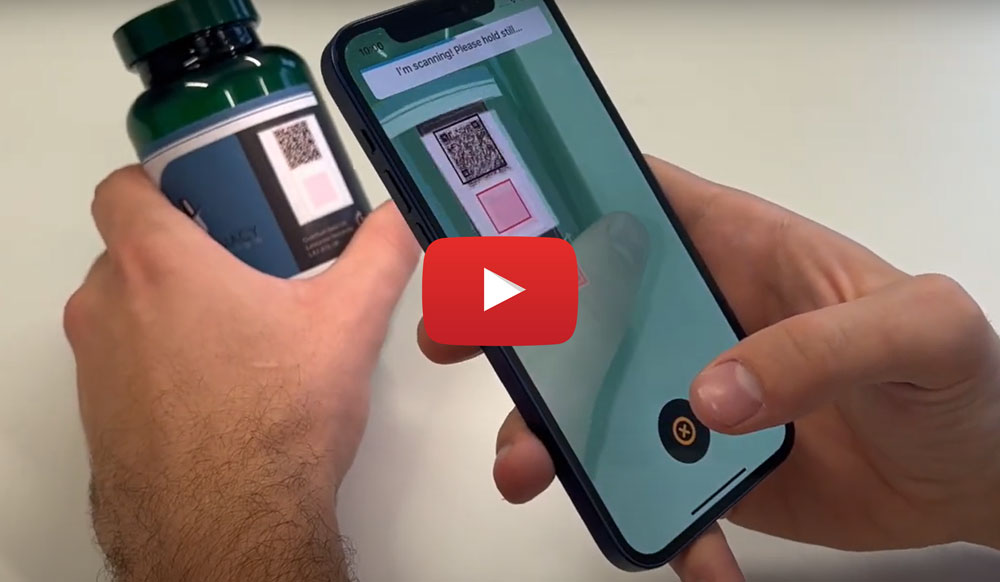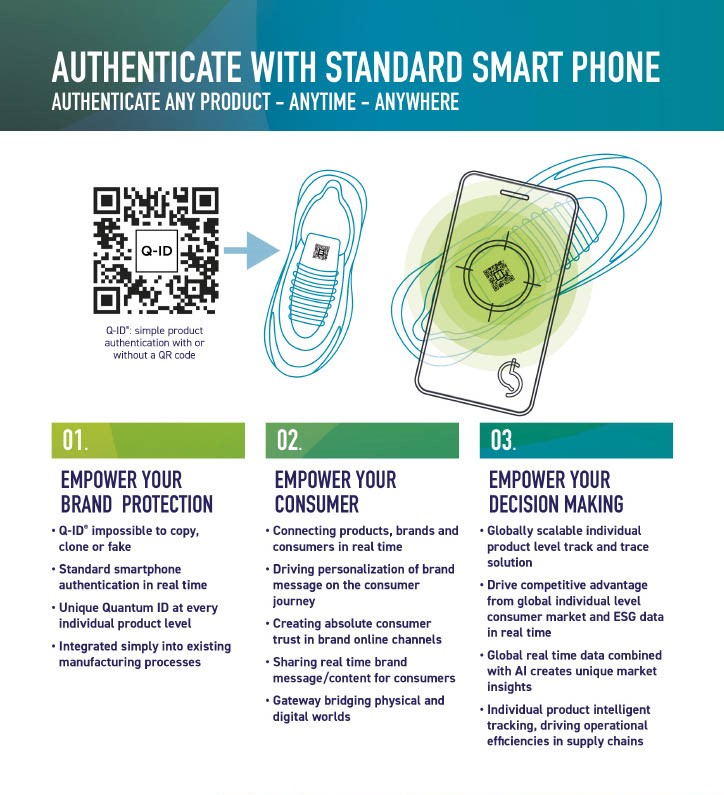Certificates, licences and personal identification documents are notorious for their counterfeits. Details that have been lost, leaked or stolen can be copied or faked to produce replica identification documents, or, more commonly, used illegally to commit identity theft.
On an individual level, identity theft can significantly impact a person’s financial stability and personal security. At a wider scale, it can lead to the breach of personal and confidential information, such as a person’s transaction logs or medical information. Roughly a quarter of the UK has been a victim of identity theft according to new research, with a further 75% having been exposed to fraud scams. The fraud prevention organisation Cifas has reported that identity fraud cases have reached an all-time high, now accounting for nearly 70% of all cases recorded in the National Fraud Database.
All kinds of governments, businesses and institutions rely on official documentation and identification for their daily operations. From event tickets and gift vouchers, to parking permits and passports, these critical documents are vital to legal processes and data protection. Although many people may be aware of the problem, the true scale is hard for many to grasp, and in the majority of cases, little is done to address it directly. It can take over seven months before victims realise they have been scammed, during which time criminals can exploit their personal information and obtain sensitive information.


